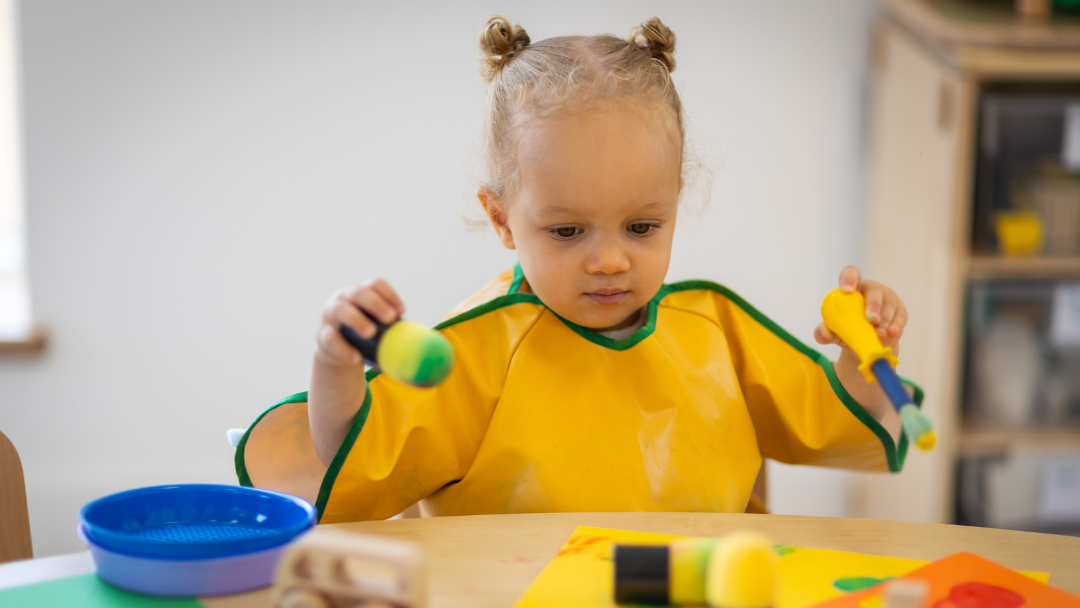A child’s nursery helps shape their experiences and build on how they view the world around them. A setting that incorporates equality, diversity, and inclusion can benefit children’s social and emotional development as well as a cultural appreciation of others. Practitioners enhance diversity in the early years by supporting young children in understanding how we’re all wonderfully different!
Discover the importance of introducing diversity and inclusivity in early years settings and how this benefits children throughout their whole lives.
Introducing Diversity in Early Years Settings
One of the great things about working in the early years is that every day we welcome families and staff from all walks of life. Our community is made up of many different cultures, religions, backgrounds, and family units; giving us all the opportunity to experience, learn about, celebrate and appreciate the wonderfully diverse world we live in.
Celebrating diversity is especially important as it introduces cultures and customs that children may not have been exposed to yet. Taking time to help children understand similarities and differences from their early years is crucial and has a direct impact on the opinions they will form throughout life.
Benefits of diversity and inclusion in the early years
From a very young age, children begin to form opinions and attitudes towards others. These are heavily influenced by the experiences they have, the environments they are in, and the opinions of adults around them.
Learning to have respect for others is a life skill that positively impacts a child’s self-esteem. When nurseries celebrate cultural diversity, they are encouraging understanding of all faiths, cultures, backgrounds, and views; not forgetting the pleasure that comes with learning about other cultures’ festivals. Children are proud to talk about things that are special to them and when they can share these with their friends it is a huge boost to their confidence and acceptance of who they are.
The role of early years practitioners
Every interaction that young children have with adults shapes their ideas around cultural diversity. Parents will be the obvious influencers here, but children’s early years settings can play an active role in shaping their opinions too. The conversations and experiences early years practitioners provide encourage children to respect each other. Importantly, it also allows them to challenge stereotypes that could potentially be limiting children’s worlds; letting them know they can be whatever they want to be, inspiring them to reach their full potential.
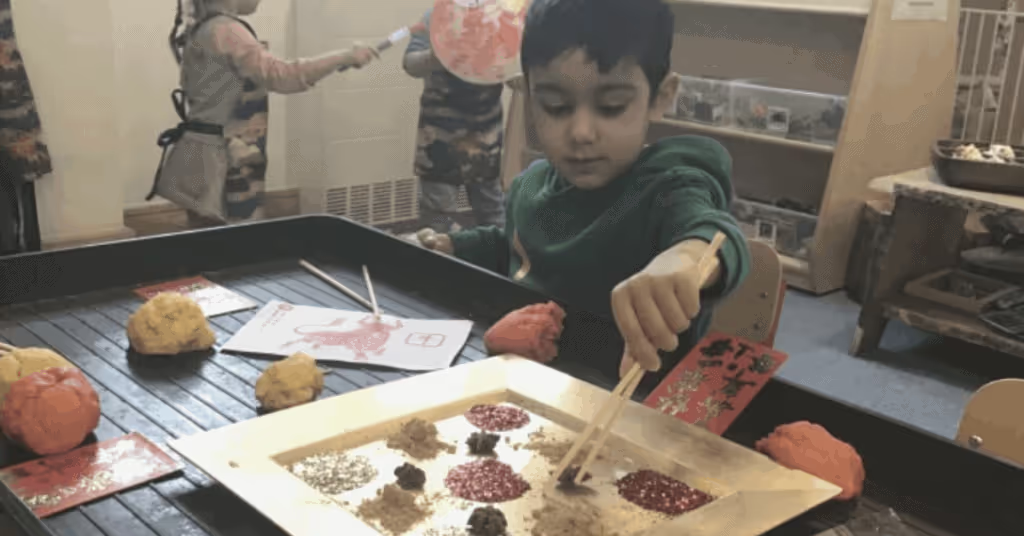
“We thoroughly enjoy celebrating the different festivals with our children and families, but we also make sure that children’s exposure to cultural diversity is not limited to these. We also use activities and resources to reflect our nursery communities and our children’s cultures and backgrounds are thoroughly integrated into our daily provision and activities.” Ruth Mottram, Education Lead Tweet
Creating an Inclusive Practice
When creating an inclusive practice, practitioners must make sure that every child has continuous access to diverse resources including photos, books, activities, and languages that are representative of different backgrounds within their learning environment. Having these embedded within nurseries is great for opening discussions and creating a trusting environment where it’s okay to ask questions.
After all, being curious and inquisitive is part of how young children learn! When children see that differences are normal within their early childhood, they learn to view them without feeling uncomfortable. This creates a learning environment that introduces and celebrates all backgrounds and empowers children, making them feel confident and proud of who they are.
All nurseries should make it a priority to work collaboratively with families to ensure that they are representing cultures, religions, and backgrounds accurately and effectively.
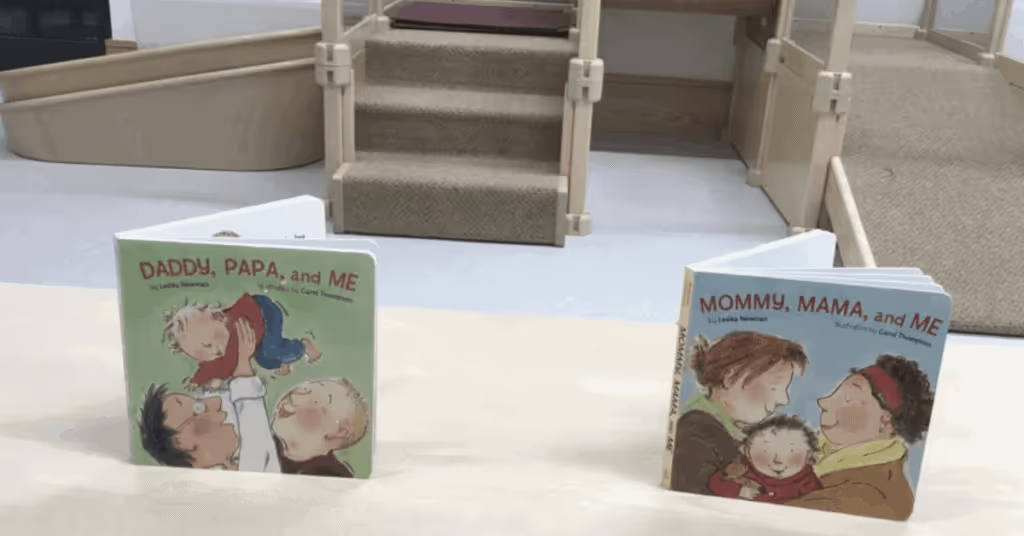
“At Fennies, parents have the opportunity to tell us all about you from your very first settle and throughout your journey with us you will regularly be invited to actively take part in the review of our cultural equality.” Danielle Lilley, Nursery Manager Tweet
Promoting British Values
Celebrating cultural equality not only improves a child’s understanding of the world but is a key element in the rooting of the concept known as the British Values. These are 4 key areas that nurseries are required to incorporate to ensure children have the self-assurance to later challenge prejudices and form their own opinions when faced with potentially extreme ideas.
These areas are democracy, rule of law, individual liberty, mutual respect, and tolerance. At first glance, it may be hard to see how these can be taught to young children, but British Values are in fact easily and already embedded into everyday nursery practice.
Democracy
Democracy is fostered when children have a voice that’s listened to and valued. They influence everything nurseries do, from the activities they take part in, to the room layouts. This forms a large part of the early years setting’s personal, social and emotional learning as this supports the development of their confidence and self-esteem so they feel heard and respected.
Rule of Law
Every child learns about boundaries and consequences through the rules that are set within their nursery, this then leads to eventually understanding laws. They learn some behaviours are acceptable and some aren’t, and young children learn to manage themselves within these boundaries. For parents and practitioners, this can be as simple as helping them understand that running indoors is dangerous, leading to them realising that it’s not okay to hurt other children.
Individual Liberty
Through everyday interactions with early years practitioners and activities at nurseries, children express their feelings and opinions. Individual liberty is promoted by teaching children that it’s okay to have their own views and to voice them as long as they do not hurt others.
They also learn to accept that others have the right to differing opinions. Supporting children with the correct language to express their emotions means they can talk about how they feel or ask questions about what they don’t understand.
To recognise how their words or opinions can make others feel, young children have to first develop an understanding of feelings in general. They need to feel their own feelings and acknowledge what these feelings do to them; whether they make them feel happy or sad. They need to be able to appropriately communicate how they are feeling. Only once they grasp this, can they begin to comprehend the impact that their actions and words can have on others. This is the development of empathy! Children who are attuned to how they feel grow to be strong communicators.
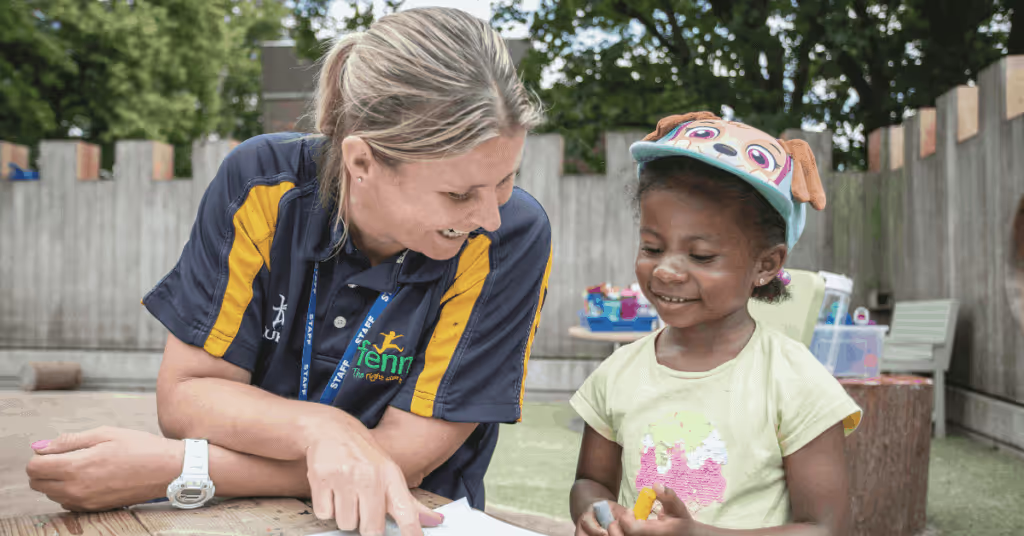
Mutual Respect & Tolerance
As young children become more aware of themselves and learn more about others, they begin to have respect for themselves and those around them. They begin to value their differences and understand that this is what makes them individual and special. Realising this and having a strong sense of self will help them function as part of a community and make forming relationships easier.
Equality, Diversity, and Inclusion at Fennies
This year so far children, staff, and families have reveled in Chinese New Year and St. Patrick’s Day celebrations. We also incorporated cultural diversity on World Book Day, where children shared stories that were special to them and representative of their backgrounds and family units.
Of course, we do enjoy celebrating cultural festivals and participating in national days however, it’s vital to recognise that being truly inclusive should not be limited to a tokenistic nod to cultures on the day of a festival. Is a collective result of experiences, environments, role modelling, and interactions.
We’re proud to say that all backgrounds, faiths, and cultures are effortlessly incorporated into our daily activities. Whether this is through reading diverse children’s books during storytime or learning how to greet friends in different languages.
Embedding inclusion has a huge impact across all the areas of development for children. It’s a celebration of individuality that builds strong foundations for supporting children to confidently embrace differences, develop an understanding of the world and form a strong sense of belonging in this ever-evolving world.
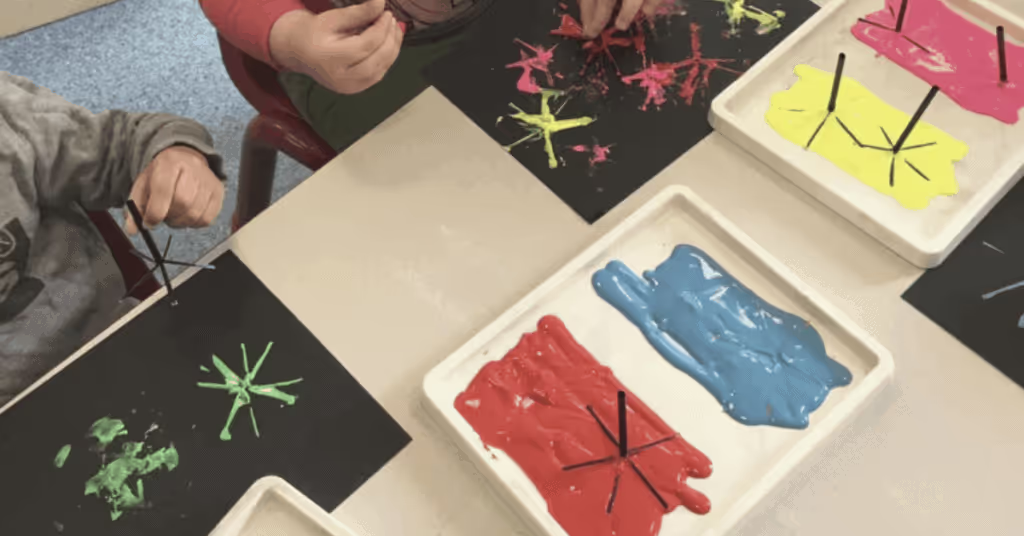
FAQ
Subscribe to our newsletter
Stay up to date with Fennies news



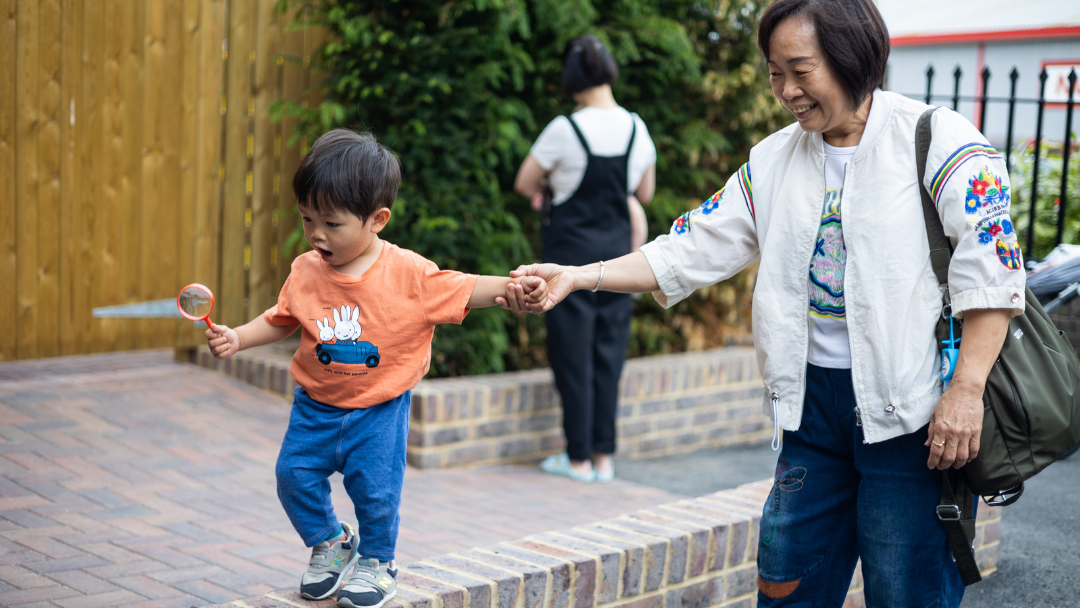

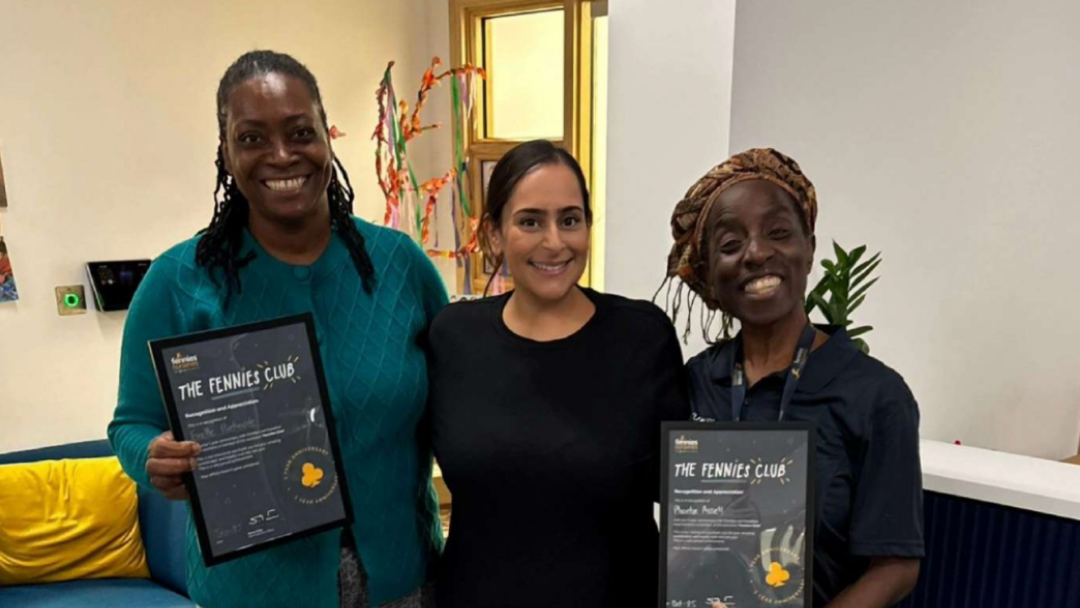

.png)
